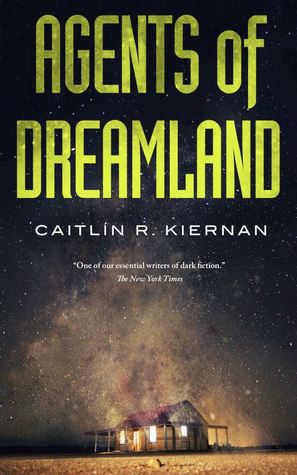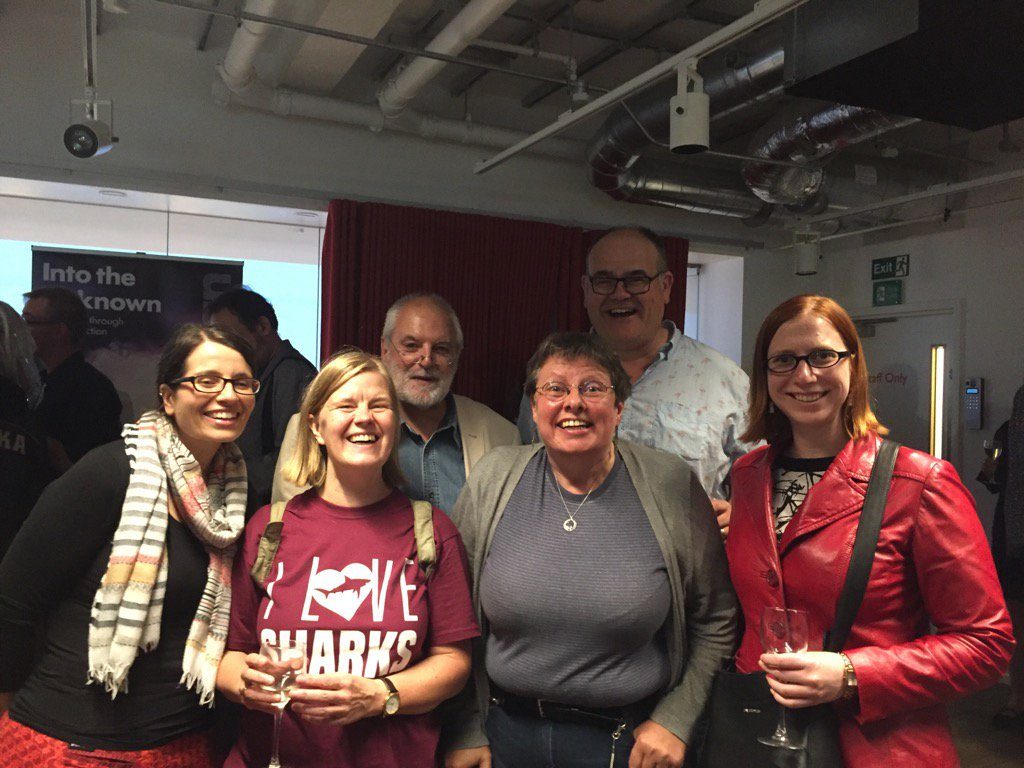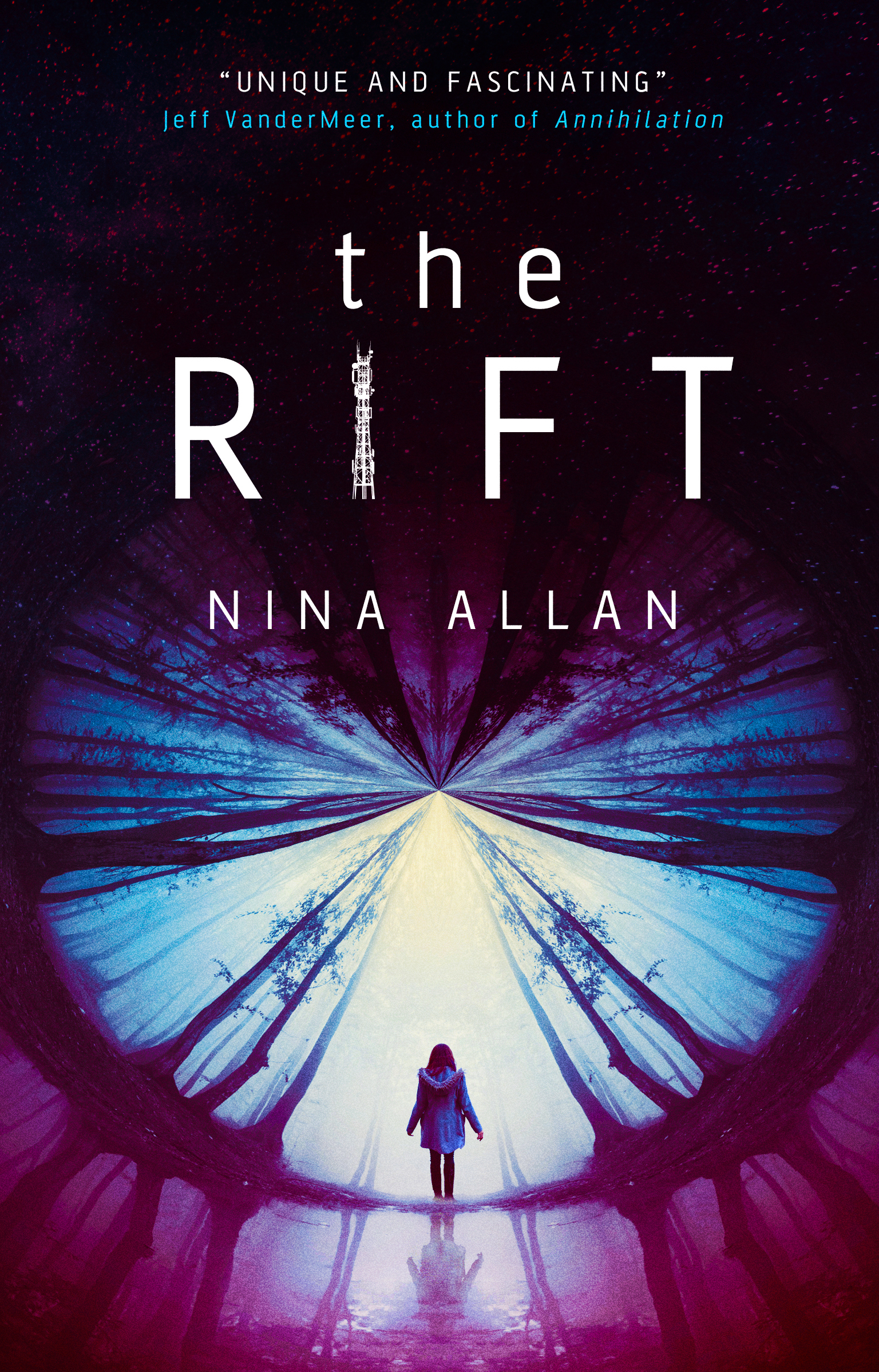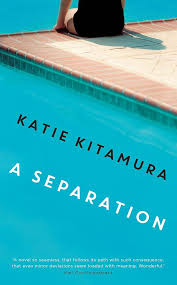This morning I happened upon this superbly articulate and, I would say, essential essay by McKenzie Wark, and I’ve been thinking about it all day. Quite apart from the admiration one would obviously feel for the way it is written – such an engaging and dynamic arrangement of arguments – it seems to me that this piece presents one of the most cogent defences of science fiction I have ever read. Wark shows SF to be not just radical but necessary as a means of exposing the derangement of our present age:
“Ghosh thinks that this strategy of introducing chance or the strange or the weird or the freaky into the novel is to risk banishment. But from what? Polite bourgeois society? The middle-brow world of the New York Review of Books? Perhaps it’s not the end of the world to end up exiled in genre fiction, with horror, fantasy, romance, melodrama, gothic, or science fiction. Frankly, I think there’s far more interesting readers to be found reading there.”
The essay seemed to come as an answer to the question of why I feel an almost inevitable unease – discomfort even – in the presence of a novel like Ben Lerner’s 10:04, one of the most perfectly realised studies of interiority I have encountered recently with not a word out of place or superfluous, and yet there is that dis-ease, all the same. It seemed to chime with feelings of sadness at the death of Brian Aldiss, one of our most insatiably curious writers, and devoted to SF almost at his own peril. Along with others whose comments I’ve seen in response to the various online memorials, I could come close to arguing that my intellectual life was kick-started by Aldiss’s great Penguin Science Fiction Omnibus, and the vision it presented of SF as a distinct literature, a movement almost.
I feel fortunate in reading Wark’s essay precisely now, as I contemplate new work, new directions. I have a pile of notes already for the next book and I think it would be fair to say that I’m excited about it but even more so after today, with all these new thoughts about what the novel is for still in my mind.
Most of the book industry conspires against such a vision but that only makes it more exciting, more necessary.
*
Currently reading: Denise Mina’s The Long Drop, which is spare, chilling and excellent. It is also on the shortlist for the Gordon Burn Prize, which by accident rather than design I happen to have read most of, as well as several other titles that appeared on the longlist. I’ve been so impressed by the Gordon Burn Prize – its ethos, its juries’ choices – that I am seriously considering reading and reviewing the full longlist next year, as a planned reading project. As for this year, I was lucky enough to hear Denise Mina talk about The Long Drop at the recent Bute Noir crime writing festival right here in Rothesay, an event that has proved to be one of the highlights of our first summer here, a miniature Bloody Scotland with every seat taken and everyone already looking forward to more of the same in 2018.
“In the future they will think they remember this moment because of what happened next, how significant it was that they found Mr Smart’s car, but that’s not what will stay with them. A door has been opened in their experience, the sensation of being in a car with friends, the special nature of being in a car; a distinct space, the possibility of travel, with sweets. Because of this moment one of them will forever experience a boyish lift to his mood when he is in a car with his pals. Another will go on to rebuild classic cars as a hobby. The third boy will spend the rest of his life fraudulently claiming he stole his first car when he was eight, and was somehow implicated in the Smart family murders. He will die young, of the drink, believing that to be true.”
*
The summer is well advanced, but still so full of things. Chris and I will be guests of Fantasticon, in Copenhagen, at the end of this month. At the end of next month there’s FantasyCon, and after that I’ll be in Paris on a writing residency, and hopefully writing. The new book will be set in Rothesay, or rather versions of Rothesay, with the novel that brought me on my first visit here more than a decade ago now – Andrew O’Hagan’s ravishing Personality – standing over me like an admonishment…






